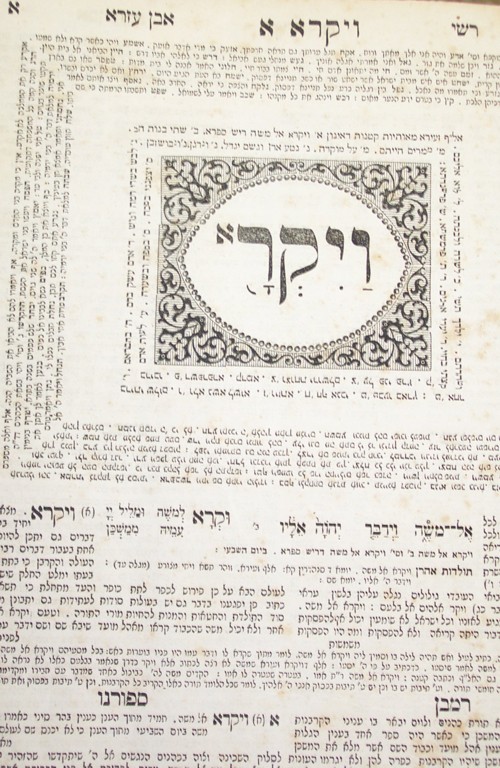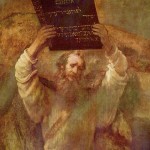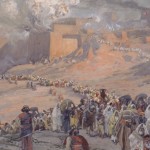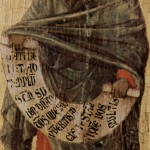
By: Amy Lythgoe
This week in Turkey 42 people died and another 239 were injured, some critically, in a coordinated ISIS-linked attack at the Istanbul airport. When asked at a political rally to comment on the event, presumptive Republican presidential candidate Donald Trump instead asked the inquiring Turkish journalist if he was “friend or foe.” Whether truly confused about the reporter’s intentions, or using this exchange as an opportunity to point out Otherness as synonymous with “dangerous,” Trump voiced the fears and beliefs that seem to hold sway in the United States as much as we want to ignore and deny our racist underbelly.
Not only was this brown-skinned, foreign reporter’s presence questioned, our nation as a whole essentially ignored the June 28th terrorist-related deaths of so many non-Western, non-white innocents. It is yet more food for fodder in the Black Lives Matter campaign: we do not behave as though ALL lives matter even when we say we do, let alone value black lives on the same par as “all lives.” We do not use our actions to back our words when we say skin color does not matter or make a difference in terms of opportunity, liberty, success, and justice. Our collective response to the terrorist attacks in Brussels and Istanbul are not interchangeable. Public vigils have not been organized, social media photos were not changed to the colors of Turkey’s flag, public outpourings of support, concern, and care were not offered. We must be willing to acknowledge this, wrestle with it, and own our parts in valuing the lives of some more than others in our individual and collective judgments based on the social-location, privilege, perceived gender-identity, religious affiliation, and skin tone of victims and attackers alike.
We forget that scripture lays it out for us in the most basic way: “You shall be holy, for I the Lord your God am holy.” (Leviticus 19:2 NRSV) God is holy and because God made humankind in God’s image, we, too, are graced with holiness. It does not say, “Some of you are holy and others are not.” It reads, “You [collectively] shall be holy.”
The word “holy” appears 64 times in Leviticus, more often there than in any other Hebrew Bible or New Testament book. Because of this, scholars often call Leviticus 17-26 the “Holiness Code” as a distinct source of legal and cultural tradition for ancient Israel and the people that followed. (See biblical scholar Michael Coogan’s book,A Brief Introduction to the Old Testament, 2ed, 122-123.) In this context, then, human holiness does not come out of being “better” (or more right, righteous, or correct) than anyone else. Instead, holiness is a divine gift from God that is offered not earned. And if we are to honor this gift, it is our duty and call to acknowledge the holiness of all people—their dignity, worth, and preciousness. It does not mean we are God, but it is a reminder that we are all of-God. In recognizing our collective of-God-ness, or goodness, we are invited to work for the justice and care of all people: to liberate, celebrate, mourn, and end oppression for all humankind, not just those who look like us, act like us, or we believe to be “friend.” Loving the Other (whether God or human being) is the key to faithfulness. We are all holy, and we must honor that holiness in one another and God.












